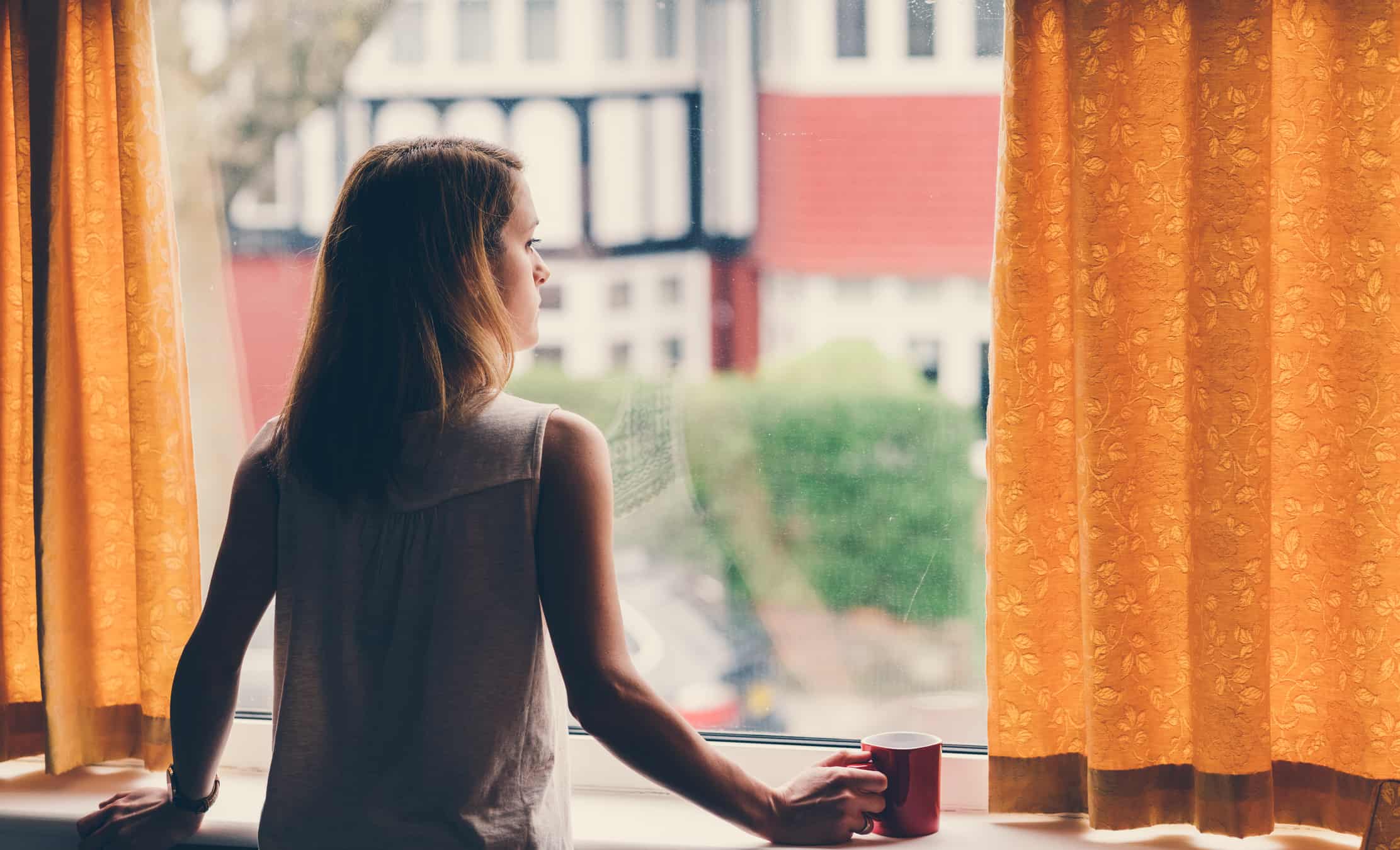Your money might multiply with your friends, but it depends who you hang out with.
As a financial counselor, this is one of the worst expressions in my world: “Keeping up with the Joneses.” It usually means someone is spending money not on necessities or even modest luxuries they’ll enjoy, but on expensive items meant to impress other people.
That’s an insidious way to go into debt because you can’t win. There will always be someone else to impress. You’ll go into debt buying things for other people.
I thought about this old expression the other day when I was reading a new study on loneliness from Cigna, the health services company. You might wonder, “Why does a financial expert care about people being lonely?” The answer is simple: As I’ve written before, money is emotional.
We more often use our hearts than our heads when it comes to spending. While you can get into trouble trying to impress others, you can also go into debt hanging out with friends who overspend. Peer pressure is often portrayed in movies as forcing the characters to drink, do drugs, or commit crimes. In real life, it’s likely to force you to eat out to often, buy clothes for their social acceptance instead of their value, and travel to places you can’t afford.
Then again, loneliness is also bad for smart saving. Consider: “Americans who live with others are less likely to be lonely (average loneliness score of 43.5) compared to those who live alone (46.4).” Whatever your opinion about living alone, it’s more expensive. The costs of buying a house have skyrocketed in the past year, and even renters are being priced out of their apartments.
Then there’s this: 27 percent of Americans “rarely or never feel as though there are people who really understand them,” and “Only around half of Americans (53 percent) have meaningful in-person social interactions.”
In my experience, being alone can lead to more spending. You’ve heard of impulse buying? There’s something I call “boredom buying.” I’ve seen it among those who don’t have enough to do, whether it’s socializing or volunteering or any other captivating and free activity that keeps you too occupied to spend money. Lonely people are much more susceptible to boredom buying.
That includes exercise, which isn’t only good for your body, but also for your bank account — because even if you pay for a gym membership, that’s still cheaper than occupying that time with entertaining, dining, or drinking. Yet as the Cigna study shows, “People who say they get just the right amount of exercise are considerably less likely to be lonely.”
On the earning side, “those who report working less than desired” are lonelier, and “those who say they work just the right amount are least likely to be lonely.” If you’re not working as much as you want, it’s likely you aren’t making as much as you want. So if loneliness in this nation goes up, it’s likely expenses are going up — and earnings are going down.
Financial experts have long known that mental health and financial health are tightly linked. That’s why I shake my head when I sometimes hear people say, “Money is the root of all evil.” Money isn’t good or evil. We’re the ones who struggle with our own demons, and that affects every part of our lives. Even our bank accounts.








